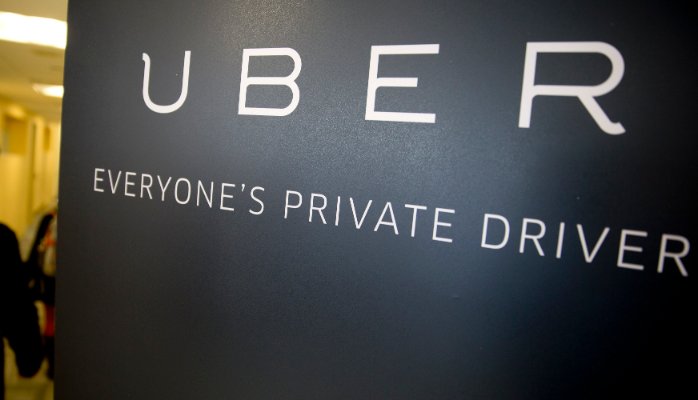
It is a long-held belief that Americans love their cars. However, there is growing evidence that the next generation of buyers is questioning vehicle ownership in its entirety. Certainly, many continue to associate automobile ownership with both convenience and personal identity, but there are plenty of signs that this may be waning with millennials in particular.
The convergence of factors like technology, the sharing economy and a cultural shift in identity formation are all impacting the decision of owning a vehicle and many now view it as more of an option than a requirement. This is especially true in our largest and most traffic-choked urban cities.
A McKinsey study reports that declines in car ownership are most pronounced for the millennial generation (those born between 1980 and the mid-1990s). Surveys have found that American millennials are 16 percent less likely to commute to work by their own car, use public transit almost three times more often, and are 23% less interested in owning a car than the generation that precedes them. They are also more likely to use shared transportation services like Uber and Lyft. In Germany, car ownership rates among 18 to 29 year-olds have dropped sharply, from 420 cars per 1,000 people in 2000 to 240 in 2010 according to the study.
Another study conducted by Michael Sivak indicates that 46% of 16 year-olds had driver’s licenses in 1983, versus only 28% in 2010. This is driven in part by a cultural shift. Millennials seem to care more about sharing their life experiences with their friends than how they get around town. While this shift from a vehicle ownership mentality to a transportation or “mobility” mentality impacts all vehicle manufacturers, it has particular impact on luxury OEMs. This is especially true if the younger generation of buyers doesn’t think of their vehicles as a status symbol like their predecessors.
The shift may be showing up in older demographics as well, but for different reasons. A recent study published by CNBC reports that 22% of Uber users aged 18-64 indicate that they were “delaying or holding off” on buying a new car as a result of using the service. The report goes on to say that Uber use has grown from 4% in 2014 to 17% in 2015 and is the third most commonly used “new company” on the survey list, beating out businesses like Square, AirBnB and Shazam by “a wide margin.”
This may signal a shift in how cars are viewed, purchased and utilized. Certainly the manufacturers are aware of this and are adjusting their thinking. For example, Ford Executive Chairman Bill Ford has been vocal about the need to rethink the century-old idea of personal car ownership, telling attendees at the recent ITS conference that the “model of mobility” set into motion by his great-grandfather’s Model T “is under severe threat.” “The industry,” he said, “needs to be open to changed ownership models embodied by services such as Uber and Lyft, rather than being frightened” by them.
Certainly the signals are present that people’s views of vehicle ownership are evolving and that many are viewing this as more of an option than a necessity. How the auto industry evolves with it will be fascinating to follow.
If you are interested in this topic, I covered it in greater detail in a 70+ slide presentation that I compiled from well-respected sources. You can download that from my Linkedin profile page.
Cheers.